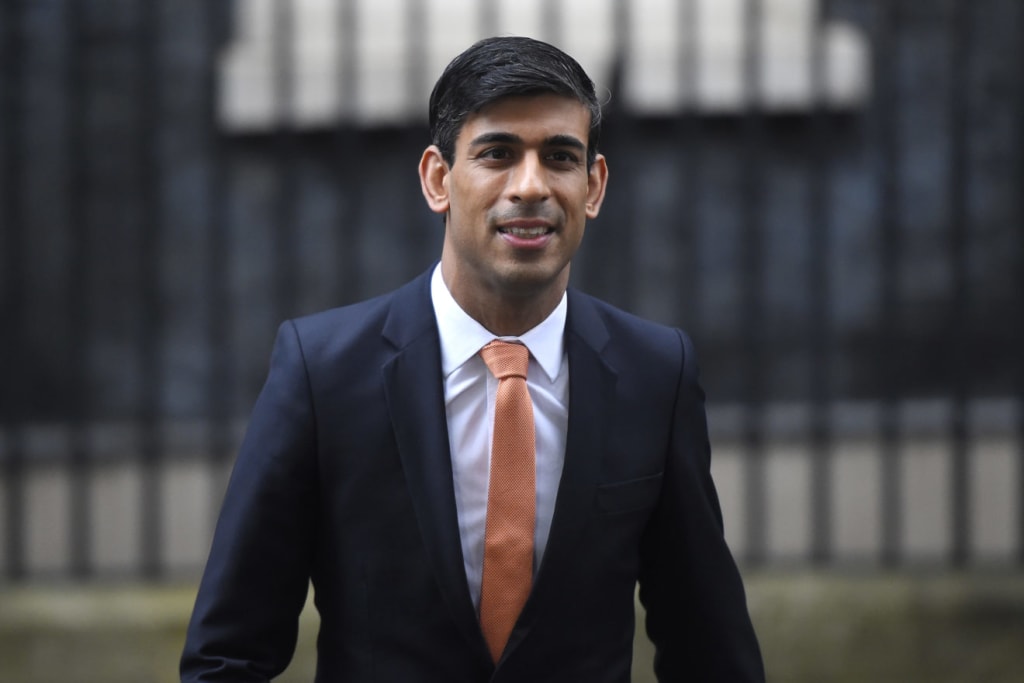
When the UK was going through the worst stages of the pandemic, and the country was in lock down meaning that people had to stay at home unless their work or tasks were extremely necessary, UK Chancellor Of The Exchequer Rishi Sunak added a temporary £20 uplift to the Universal Credit benefit. This was to ensure that those who received it had enough money to afford the basic essentials. This was due to the fact that people were told to work from home where ever possible. Some people may of even lost their jobs as their employers didn’t have enough money to pay them because of a lack of foot fall and customers in their businesses. Some workers may have even been furloughed from their main work place meaning that the government would pay half their salary.
Many people who had been furloughed would have been able to claim up to 60% of their wages from the government, however this was only a temporary measure during the worst stages of the pandemic when everyone had to stay in their homes as much as possible due to lock down. This meant that unless people had a job which allowed them to work from home, they would lose out financially and have to apply to join the scheme to ensure that they were able to make ends meet, pay their bills and cater for their close family.
The furlough scheme was only meant to be a temporary measure and now that the Covid 19 infection rate has started to drop, the scheme ended on 30th September this year.
Recent weeks have also seen an end come to the £20 uplift in Universal Credit because now that the economy has started to pick up due to lock down ending and people being able to go out to work again, it was judged that people should be able to earn enough from their jobs in order to survive their daily lives.
There has been a huge backlash to this proposal being implemented from around the political world as members from different political parties believe that people will struggle with out the extra £20.
Universal credit is claimed by more than 5.8 million people in England, Scotland and Wales.
Almost 40% of them are classed as being in employment.
Writing on Twitter, Resolution chief executive Torsten Bell said that removing the boost would mean “4.4 million households, with 5.1m adults and 3.5m children, will see their incomes fall by £1,000 overnight.
“For 1 million households that will mean an immediate loss of over 10% of their income as we take the basic rate of benefits to its lowest level since 1990.”
There has also been an extremely strong reaction from Manchester United footballer turned campaigner Marcus Rashford who had difficulties in his early life due to money issues. He has lead many campaigns aimed at helping school children get free school meals so they are able to cope with their education and daily school lives. After a lot of campaigning and communication with Prime Minister Boris Johnson, he was able to secure free school meals for children for a further time period.
“What is it going to take for these children to be prioritised? Instead of removing support through social security, we should be focusing efforts on developing a sustainable long-term roadmap out of this child hunger pandemic,” he said.
“Whilst we’ve come a long way in the last 20 months, placing the issue of child food poverty at the forefront, devastatingly, the issue is getting worse not better.”
He also stated that now that the £20 uplift was being removed, people who relied on Universal Credit would have a choice between heating their homes and feeding their family.
A lot of people have come to rely on the extra £20 that they have been receiving during the pandemic. Now that it has been removed, many of them may have to resort to going with out certain things due to price rises in the shops. They will also have to learn how to budget the money that they do have to ensure they have enough for everything that they need.